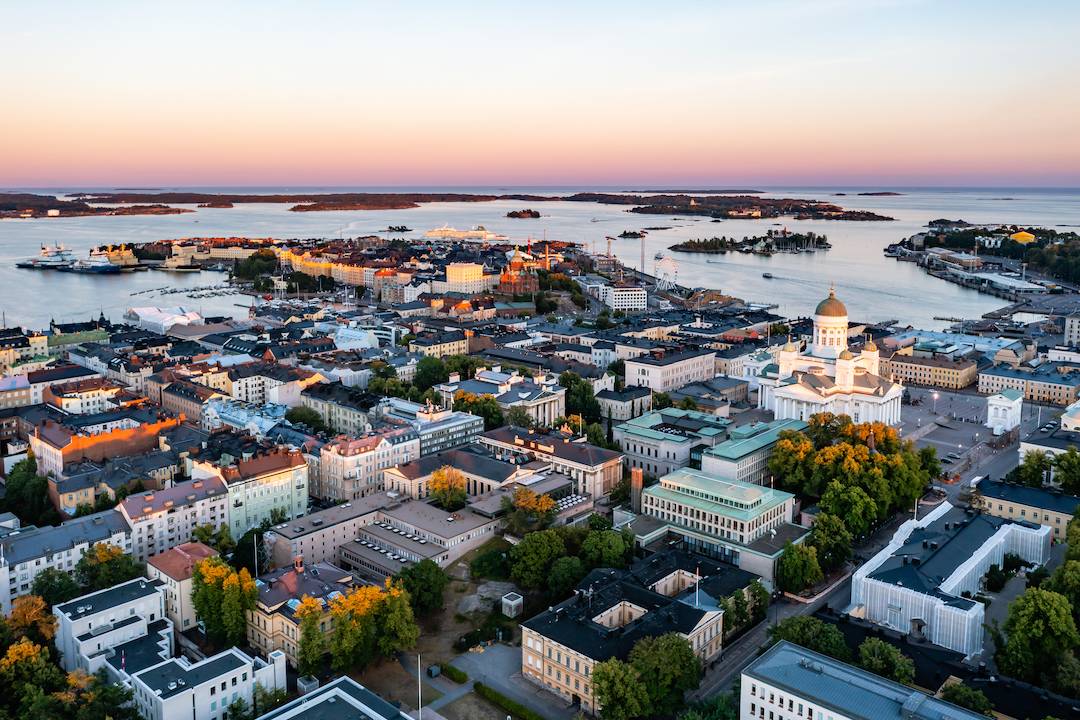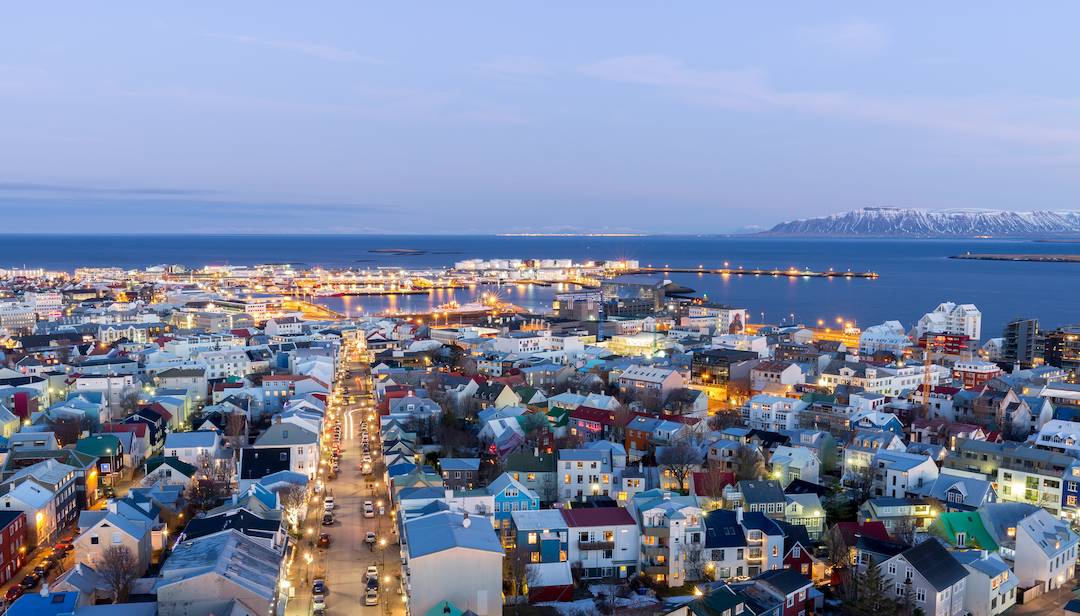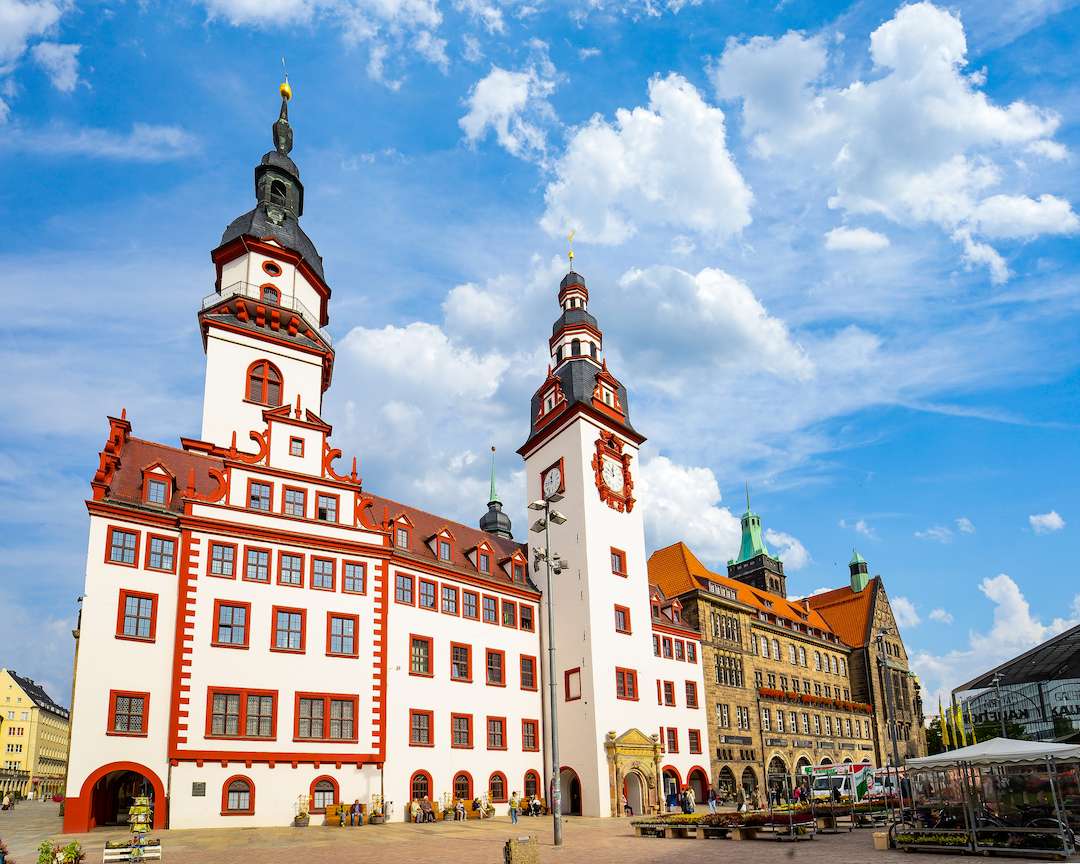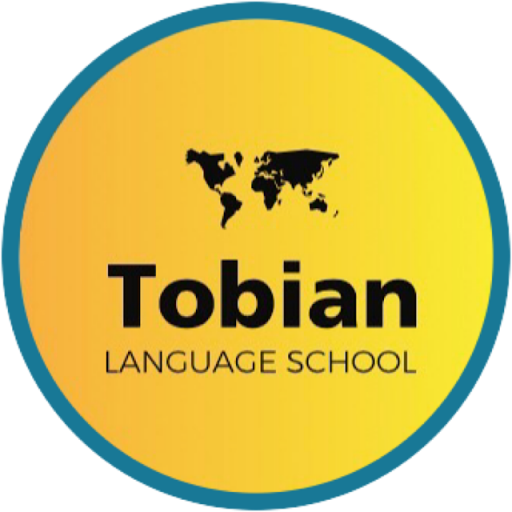The Top 10 Hardest Languages to Learn and Famous Learners
- August 17, 2024
- By Tobias Woudt
Learning a new language is a rewarding journey that opens up doors to new cultures, experiences, and opportunities.
However, not all languages are created equal when it comes to the level of difficulty they present to learners. Some languages are notoriously tough to master, whether due to their complex grammar, unfamiliar scripts, or intricate tonal systems.
In this article, we’ll explore the top 10 hardest languages to learn, delve into their history, where they are spoken, how many people speak them, and spotlight famous individuals who have taken on the challenge of learning them.
Whether you’re looking to pick up a new language or just curious about what makes these languages so challenging, this list offers a fascinating glimpse into the world of linguistic complexity.

Table of Content
1. Mandarin Chinese
Mandarin Chinese, with its roots stretching back thousands of years, is the most widely spoken language globally.
It is the official language of China and Taiwan and one of Singapore’s four official languages. Mandarin belongs to the Sino-Tibetan language family and has undergone significant evolution from Old Chinese to the modern Standard Mandarin spoken today.
Where It Is Spoken?
Mandarin is primarily spoken in China, Taiwan, and Singapore, with significant communities of speakers worldwide, particularly in Malaysia, Indonesia, and within the Chinese diaspora.
Number of Speakers?
Approximately 1.2 billion people speak Mandarin Chinese, making it the most spoken language in the world.
What Makes Mandarin Chinese One of the hardest languages to learn?
Mandarin is difficult due to its tonal nature, where the meaning of a word can change dramatically depending on the tone used. Additionally, the writing system relies on thousands of characters rather than an alphabet, requiring extensive memorization and understanding of subtle visual differences between characters.
Famous Speaker
Mark Zuckerberg, CEO of Facebook, took on the challenge of learning Mandarin, investing years of study and practice to connect with his wife’s family and expand his business in China.

2. Arabic
Arabic, a Semitic language with a history over 1,500 years old, is deeply intertwined with the culture and religion of the Middle East.
As the language of the Quran, it has profoundly influenced other languages and played a key role in the transmission of knowledge during the Middle Ages.
Where It Is Spoken?
Arabic is spoken across 22 countries in the Middle East and North Africa, including Saudi Arabia, Egypt, Iraq, and Morocco. It also has a significant presence within the global Islamic community.
Number of Speakers?
There are around 310 million native Arabic speakers and over 420 million total speakers, including those who use it as a second language.
What Makes Arabic One of the hardest languages to learn?
Arabic is challenging due to its complex grammar, including root-based word formation and a variety of verb forms.
The script, written from right to left with letters that change shape based on their position, also poses a challenge, as do the sounds that are unfamiliar to many non-native speakers.
Famous Speaker
Gabriel García Márquez, the Nobel Prize-winning author, learned Arabic to gain a deeper understanding of Middle Eastern culture and its influence on his writing.

3. Japanese
Japanese, an isolated language with no direct linguistic relatives, has a history dating back to the 8th century.
Known for its three writing systems—Hiragana, Katakana, and Kanji—Japanese also features a complex system of honorifics that reflects its deeply ingrained cultural norms.
Where It Is Spoken?
Japanese is spoken almost exclusively in Japan, though significant Japanese-speaking communities exist in Brazil, the United States, and other countries with Japanese diaspora.
Number of Speakers?
Approximately 128 million people speak Japanese, making it the ninth most spoken language globally.
What Makes Japanese one of the hardest languages to learn?
The difficulty of Japanese lies in its three distinct writing systems, each used for different purposes, and the thousands of Kanji characters that must be memorized.
Additionally, the grammar and politeness levels are complex, requiring learners to navigate different forms of expression depending on the social context.
Famous Speaker
Hugh Jackman, the Australian actor, learned Japanese to connect better with his fans in Japan and prepare for roles requiring the language, dedicating significant effort to mastering the language’s intricacies.

4. Hungarian
Hungarian, part of the Finno-Ugric language family, is unrelated to most other European languages.
Known for its unique structure and vocabulary, Hungarian has a rich literary tradition and features one of the most complex grammatical systems in Europe.
Where It Is Spoken?
Hungarian is primarily spoken in Hungary, with significant populations in neighboring countries such as Romania, Slovakia, and Serbia, where Hungarian minorities reside.
Number of Speakers?
Approximately 13 million people speak Hungarian worldwide.
What Makes Hungarian one of the hardest languages to learn?
Hungarian is difficult due to its 18 grammatical cases, extensive use of agglutination (the combination of prefixes, stems, and suffixes to form words), and vowel harmony, which requires matching vowels within a word based on frontness or backness.
Famous Speaker
Edward Teller, the Hungarian-American physicist known as the “father of the hydrogen bomb,” originally spoke Hungarian and shared the challenge of learning and teaching it to his colleagues.

5. Korean
Korean, the official language of both North and South Korea, has historical ties to Japanese and Altaic languages.
The Korean alphabet, Hangul, was invented in the 15th century and is praised for its logical design, but the language’s structure remains complex.
Where It Is Spoken?
Korean is spoken in South Korea, North Korea, and by Korean diaspora communities in China, Japan, the United States, and Russia.
Number of Speakers?
Approximately 77 million people speak Korean.
What Makes Korean one of the hardest languages to learn?
Korean is challenging because of its seven speech levels, which dictate different verb forms based on the relationship between speakers.
Despite Hangul being relatively easy to learn, Korean grammar, honorifics, and sentence structure are complex, requiring significant practice to master.
Famous Speaker
Chris Tucker, the American actor and comedian, learned Korean while spending time in South Korea, finding the language’s grammar and pronunciation particularly challenging.

6. Finnish
Finnish, part of the Finno-Ugric language family, is known for its complex grammatical system and unique vocabulary.
The language has a rich tradition of epic poetry, such as the *Kalevala*, which plays a central role in Finnish culture.
Where It Is Spoken?
Finnish is primarily spoken in Finland, with Finnish-speaking communities in Sweden, Russia, Estonia, and North America.
Number of Speakers?
Approximately 5.4 million people speak Finnish worldwide.
What Makes Finnish One of the hardest languages to learn?
Finnish is difficult because of its 15 grammatical cases, agglutinative nature, and vowel harmony, which requires words to be structured in a way that matches vowel types within the word. Additionally, the language’s structure is quite different from most other European languages.
Famous Speaker
J.R.R. Tolkien, the British author, studied Finnish extensively, finding it both fascinating and challenging, with its complex grammar influencing the creation of his Elvish languages in *The Lord of the Rings*.

7. Icelandic
Icelandic, a North Germanic language, has preserved much of the Old Norse grammar and vocabulary, making it one of the most linguistically conservative languages in Europe. Icelandic literature, such as the *Sagas*, plays a vital role in preserving the country’s history and culture.
Where It Is Spoken?
Icelandic is spoken primarily in Iceland, with small communities of speakers in Denmark, the United States, and Canada.
Number of Speakers?
There are around 350,000 Icelandic speakers, almost all of whom live in Iceland.
What Makes Icelandic One of the hardest languages to learn?
Icelandic is difficult due to its archaic grammar, which includes four cases, three genders, and various verb conjugations.
The language has changed very little over the centuries, making it challenging for even other Germanic language speakers to learn.
Famous Speaker
Daniel Radcliffe, the British actor, learned Icelandic to connect with fans during his visits to Iceland, finding the language’s archaic structure particularly challenging.

8. Thai
Thai, the official language of Thailand, is part of the Tai-Kadai language family.
It is known for its tonal nature and complex script, which combines consonants and vowels in unique ways.
Thai has a rich tradition of literature and poetry, influenced by Sanskrit and Pali.
Where It Is Spoken?
Thai is primarily spoken in Thailand, with small communities of speakers in neighboring countries such as Laos, Cambodia, and Malaysia.
Number of Speakers?
Approximately 69 million people speak Thai.
What Makes Thai one of the hardest languages to learn?
Thai is difficult due to its five tones, where the meaning of a word changes depending on the tone used. The script is also complex, with 44 consonants, 32 vowels, and no spaces between words, making reading and writing particularly challenging for learners.
Famous Speaker
Angelina Jolie, the American actress, learned Thai while spending time in Thailand for humanitarian efforts, dedicating significant time to mastering its tones and script.

9. Polish
Polish, a West Slavic language, is closely related to Czech and Slovak.
It has a rich literary tradition, with famous authors like Adam Mickiewicz and Henryk Sienkiewicz.
Polish is known for its complex grammar, including seven cases and difficult pronunciation, especially with consonant clusters.
Where It Is Spoken?
Polish is primarily spoken in Poland, with significant Polish-speaking communities in the United States, the United Kingdom, Germany, and Canada.
Number of Speakers?
Approximately 50 million people speak Polish worldwide.
What Makes Polish one of the hardest languages to learn?
Polish is challenging due to its seven grammatical cases, which require the correct ending based on the word’s function in a sentence.
The language also features consonant clusters that are difficult for non-native speakers to pronounce.
Famous Speaker
Natalie Portman, the American actress, learned Polish for her role in *Cold Mountain* and found the language’s grammar and pronunciation particularly challenging.

10. Basque
Basque, known as Euskara, is a language isolate with no known relatives, making it one of Europe’s most unique languages.
It predates the arrival of Indo-European languages in the region and has retained its distinct structure and vocabulary over centuries.
Basque has a rich cultural heritage, with a strong tradition of oral literature and folk songs.
Where It Is Spoken?
Basque is spoken in the Basque Country, an area that spans northeastern Spain and southwestern France.
Number of Speakers?
There are around 750,000 Basque speakers, mostly concentrated in the Basque region.
What Makes Basque one of the hardest languages to learn?
Basque is challenging because of its unique structure, which includes a complex system of verb conjugation that changes depending on the subject, object, and indirect object in a sentence.
The language’s isolation means it shares little in common with other languages, making it difficult for learners to find familiar reference points.
Famous Speaker
Ernest Hemingway, the American author, learned Basque while spending time in Spain and found the language’s uniqueness both challenging and fascinating.

Conclusion
While these languages are considered some of the hardest to learn, they also offer some of the most profound rewards.
Whether you’re aiming to connect with a new culture, expand your career opportunities, or simply challenge yourself intellectually, mastering any of these languages is a remarkable achievement.
As the examples of famous learners show, with dedication, persistence, and the right resources, even the most difficult languages can be conquered.
At Tobian Language School, we understand the unique challenges these languages present, and we’re here to help you achieve your language learning goals.
Our experienced instructors and personalized lessons are designed to guide you every step of the way, no matter how difficult the language may be.
Whether you’re just starting or looking to refine your skills, Tobian Language School can provide the support and expertise you need to succeed.
Ready to take on the challenge?
Let us help you embark on your language learning journey and reach new heights of linguistic proficiency.

Tobias is a polyglot, traveller and founder of the Tobian Language School.
